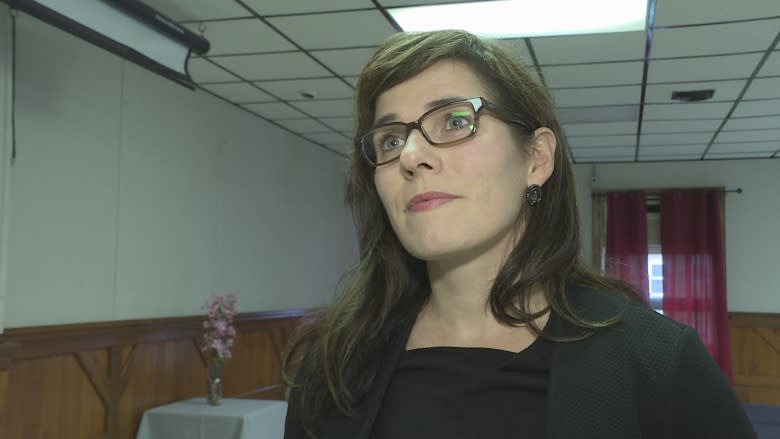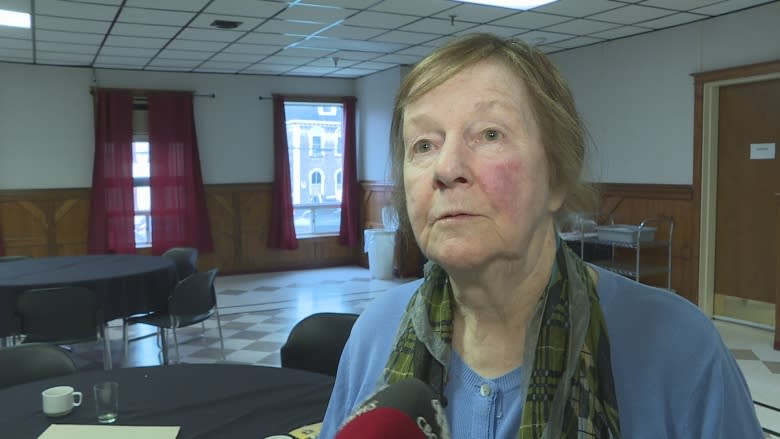Business, health communities react to P.E.I. budget
P.E.I.'s 2017-18 balanced budget — the first one in 10 years — is receiving mixed reviews on the Island.
Penny Walsh McGuire, executive director of the Greater Charlottetown Area Chamber of Commerce, said she was pleased to see a balanced budget, especially since her group had been lobbying for one for years.
"For anyone who's a taxpayer, you're looking at the surplus as a positive in terms of opening up opportunities for a reduction in taxes," she said.
In particular, she is hoping the balanced budget with its $600,000 surplus will lead to more "business-friendly" moves, such as a reduction in corporate and small-business taxes.
She added that she was pleased to see the personal tax exemption rate increase.
"That helps all Islanders. And, in turn, as consumers, helps businesses," said McGuire.
Erin McGrath-Gaudet, director for P.E.I. with the Canadian Federation of Independent Business, was also pleased to see the balanced budget and the move from a deficit to a surplus.
"This is something that we've been working towards for the past number of years. Government's tactic really has been to kind of keep expenditures in line and then let revenues catch up," she said.
"So, there's been a lot of pain on that side of things with people paying more in taxes, and certainly not seeing a lot of money being thrown around on the spending side of things."
McGrath-Gaudet was also excited to see the personal tax exemption rate increase.
"P.E.I. has stagnated at this level. We have been the lowest in the country for a number of years on that particular front," she said.
Mary Boyd, chair of the P.E.I. Health Coalition, was concerned about what wasn't in the budget.
"There was lots we were hoping to see in there that isn't there and it's worrisome. The increases go to the Wellness Centre and some influenza vaccination and also to some recruitment of doctors. Everything else is status quo," she said.
"If you look at the general situation of healthcare on P.E.I., there's so much lacking in so many ways, so many areas that need to be improved."
Boyd said she wanted to see more done to deal with nursing shortages as well as poverty.
"Poverty is the number one determinant of health," she said. "We would like to see far more income, far more for them to cover basic necessities and personal things. And, again, it's not there."
Boyd added that it isn't always necessary for a government to have a surplus and a balanced budget.
"I don't think a certain amount of deficit is unhealthy at all," she said. "If you go into a bit of deficit to invest in your social programs, then that's an investment that pays off handsomely down the road."
- MORE P.E.I. NEWS | 'They've splashed on purpose': Drenching a pedestrian could cost you
- MORE P.E.I. NEWS | Education spending to improve student well being, address rural 'service gaps'


